Subtotal: $59.40
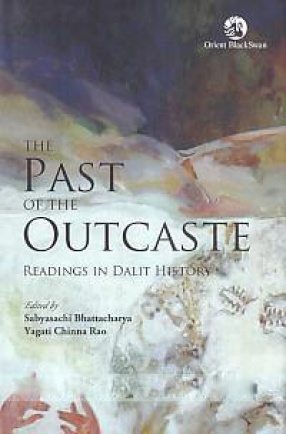
Showing all 21 books
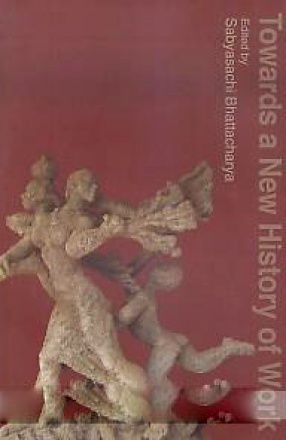
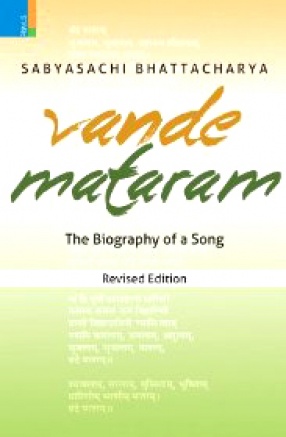
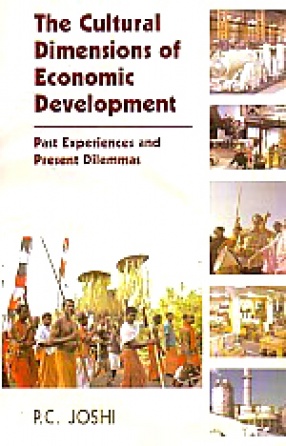
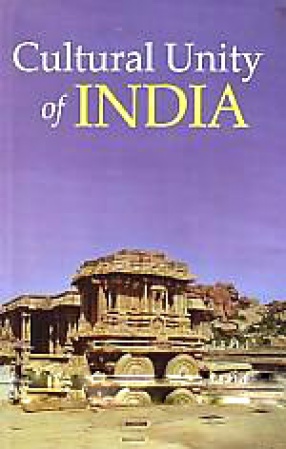
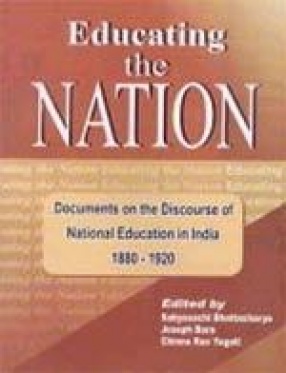
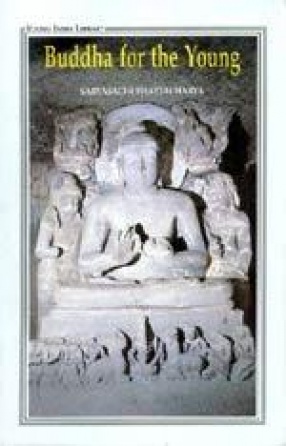
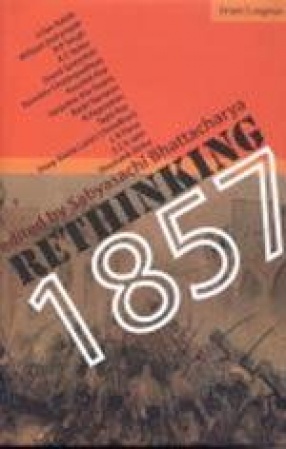

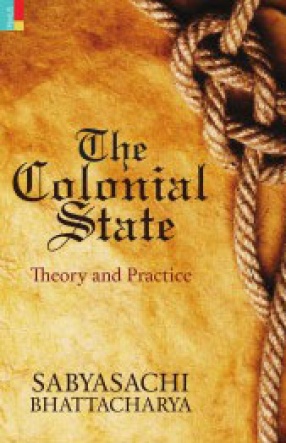
This book addresses through historical narrativization of some specific moments of colonial state building the historical specificities of the ‘colonial’ state as distinct from other state forms. It weaves together the discourse of state theory and the narrative of state practices. Its approach is based on the argument that theory was not something out there to guide practice. Rather, empirical evidence suggests a more complex picture of interaction ...
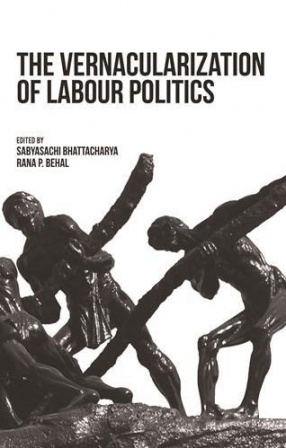
The decline of trade unionism and the absence of labor unions in the public sphere in India as well as at the global level has generated much discussion. In the era of neoliberalism, trade unions are perceived as marginalized and ineffective, replaced by other institutions and alternative forms of labor organization. The chief questions addressed in this volume are: In labor politics today, is there a perceptible shift away from the classical paradigm of labor ...
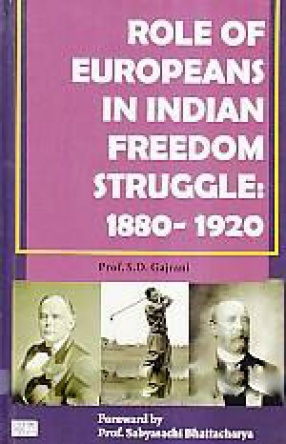
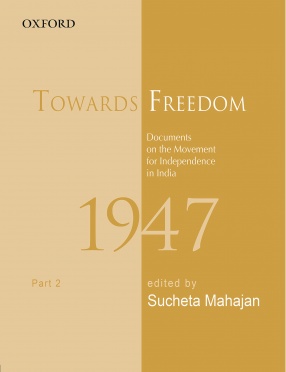
The Towards Freedom series is an endeavour to document the years leading to Independence. It goes beyond the overtly political activities of the time and the notion of Independence as 'transfer of power'. The volumes of this series underscore the fact that the struggle for Independence was not just about attaining freedom from a colonial power-it also comprised efforts to seek social justice, economic empowerment, and cultural autonomy. With meticulously selected ...
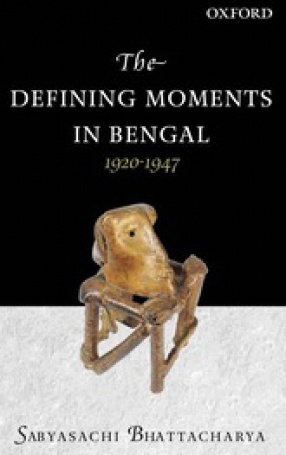
This work explores some of the constitutive elements in the life and mind of Bengal in the twentieth century. The author addresses some frequently unasked questions about the history of modern Bengal.

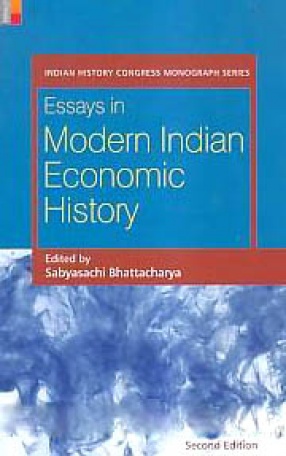
Essays in Modern Indian Economic History is part of a three-volume set, comprising representative articles of Indian History Congress Proceedings (193585). The essays in this volume provide an overview of the continuities and changes in the historians approach to the economic aspects of modern Indian history. In the agenda of economic historians, the problems uppermost have been the policies of the colonial state, the impact of metropolitan capitalism on colonial ...

There are some writings which remain in the pages of books, and then there are some exceptional writings which come out of the pages and enter our lives. The song Vande Mataram is of that exceptional kind. When we look back to that song published in 1882 and written even earlier, many questions crowd our mind. What accounts for the fact that it holds its place in the national psyche so many years later? How did that song become a battle cry in the freedom ...

PC Joshi presents his monograph on the dynamism of cultural revolution in the economic development of a nation. The idea of cultural dimension for economic development is said to be common to all institutional frameworks or paths adopted for effecting transition by different countries in the past. The more backward a country the greater its economic lag the greater the importance of cultural dimension in economic development. Joshi analyses the cultural ...

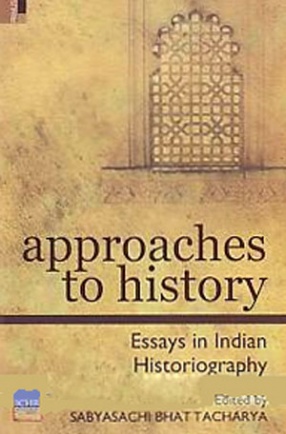
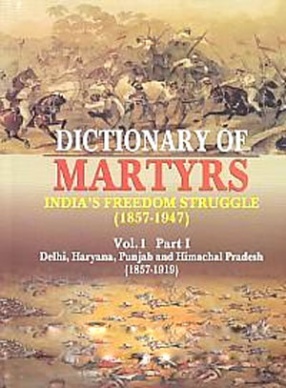
A project to compile a national register of martyrs was initiated by the National Implementation Committee for organizing celebrations of the 150th anniversary of the uprising of 1857 and 60 years of India’s independence. The ICHR accepted the project and necessary funds at the request of the Ministry of Culture, Government of India. It was decided that the project will produce a series of volumes entitled Dictionary of Martyrs: India’s Freedom ...
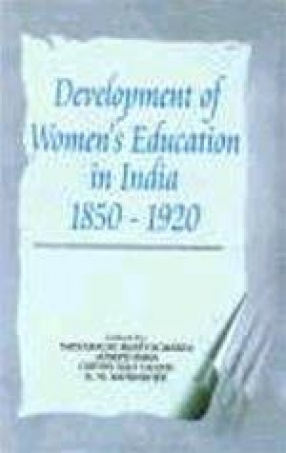
"The volume deals with the development of women’s education documentarily between 1850 and 1920. The documents drawn mostly from unpublished collection of materials at the National Archives of India, juxtapose the views of the British colonial government and the Indian nationalists and other public spokesmen. The documents have been selected and edited at the Educational Records Research Unit of the Jawaharlal Nehru University, New Delhi."
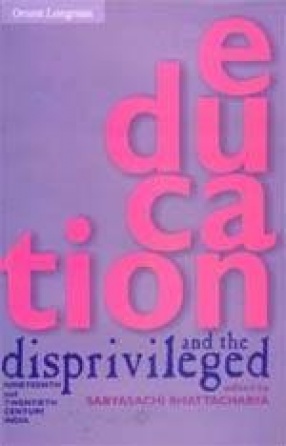
This book addresses the familiar issue of unequal access to education in a new perspective. In this regard, whether one looks at gender or caste or ‘tribes’ or class differences, the gap between the privileged and the disprivileged is a matter of everyday experience. In what manner and form are these asymmetries reflected in the domain of education is the question at the core of this collection of essays. How did the traditional social privileges control ...

This collection of documents, with an Introduction by Professor Sabyasachi Bhattacharya of Jawaharlal Nehru University, focuses upon the evolution of the idea of National Education in the late 19th and early 20th centuries in India. From the 1880’s there develops a critique of the colonial education system and, in a more general way, the cultural hegemony established through that system – the privileging of ‘English education’, the attribution of ...
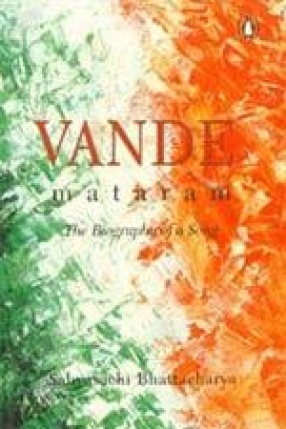
Rarely has a poem given rise to such a diverse array of descriptions or been the subject of controversy over such a long period of time. But then ‘Vande Mataram’ is no ordinary poem. Glorified by many as the last word in patriotic ardour, criticized as vehemently by others for its implicit idolatry and religious rhetoric, translated into all major Indian languages, set to music by icons as disparate as Rabindranath Tagore and A.R. Rahman, ‘Vande Mataram’ ...
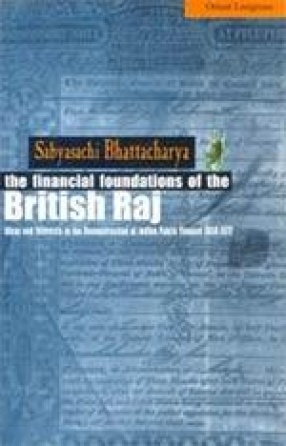
This revised edition of the book, first published in 1971, comprises an expanded introduction, that reviews recent research in this area, and a new imprint of the original text which has been edited afresh to slightly abbreviate some parts. The theme of this work may be summed up as the economic aspects of the theory and practice of the colonial state. The focus is upon the ideas and interests and contestations which went into the making of the policies of the ...

What is relevant today in the life of Buddha who died more than 2,500 years ago? We would be able to judge this for ourselves. But the opportunity to know about him, so that we can make that judgment, has to be offered. That is why this book, which puts together Buddha's own words about his life.

Rethinking 1857, edited by Sabyasachi Bhattacharya, marking the one hundred and fiftieth anniversary of 1857, explores the possibilities and limits of recent thinking on the 1857 Uprising. The way we interrogate the past differs from generation to generation. The questions we ask today are moulded by the concerns of our times. Coming from perceptibly different points of departure, the contributors of this volume converge on one central theme: gaining new insights ...
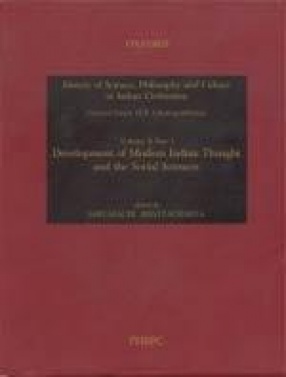
The volumes of the Project on the History of Science, Philosophy and Culture in Indian Civilization aim to discovering the main aspects of India's heritage and to present them in an interrelated manner. In spite of their unitary look, these volumes recognize the difference between the areas of material civilization and those of ideational culture. The project is executed by scholars with different ideological persuasions and methodological approaches and is ...
